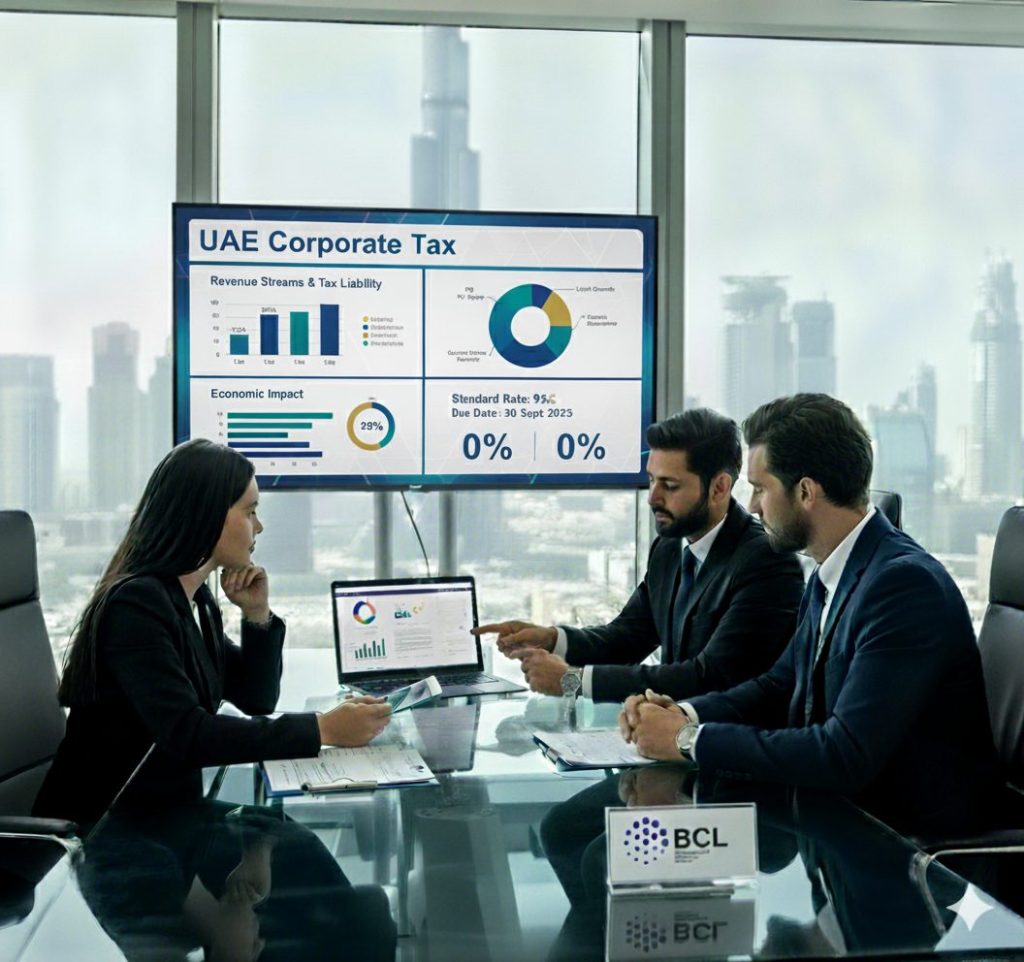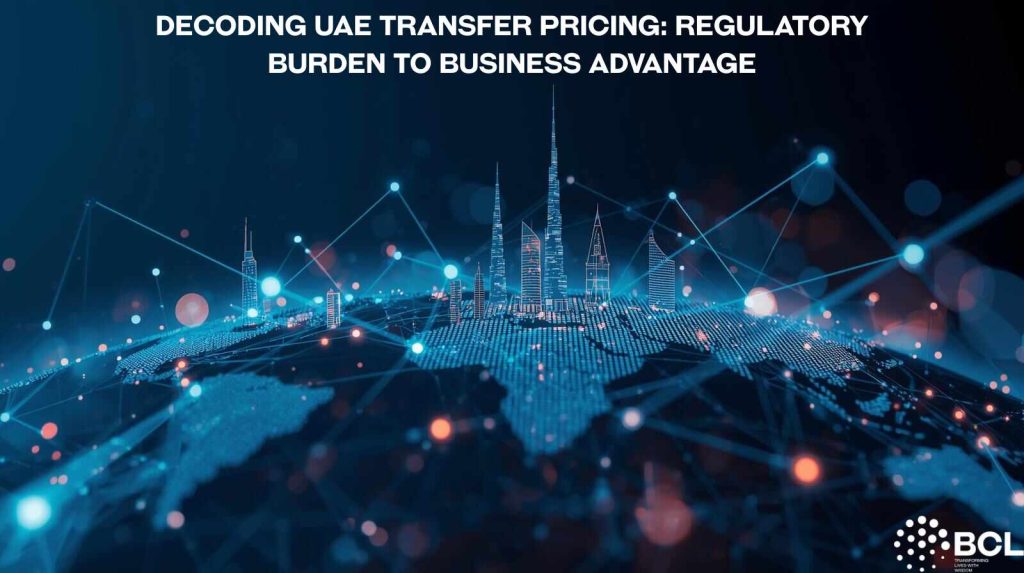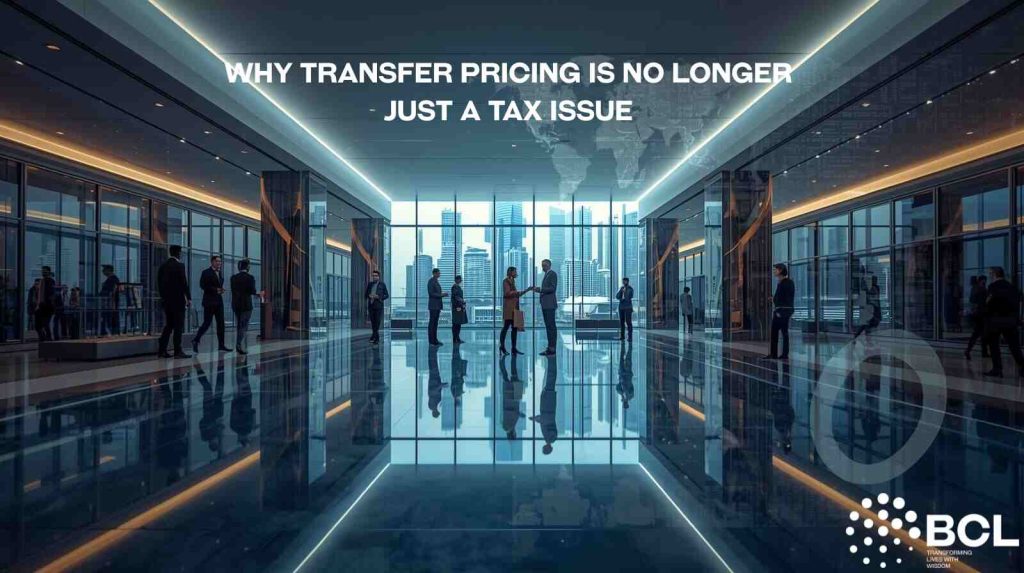Setting up a Business in UAE | Mainland or Free Zone Guide
UAE offers immense business opportunities due to its strategic location, investor-friendly policies, and growing economy. However, the first step for the entrepreneur is to evaluate the setup in which he wishes to start his business. UAE has two ways of setting up business in the UAE: Mainland and Free Zones. In our blog today, we aim at identifying the major differences between them, which could help the entrepreneurs make informed decisions.
-
Regulatory authority:
Mainland business: Mainland businesses have to follow and adhere to the different regulatory authorities. While forming the business, share allotment, issuing a certificate of formation, a labour card, and visas are dealt by different authorities such as the Department of Economic Development, the Immigration Department, the Ministry of Labour, etc.
Freezone business: Freezone businesses have to deal with a single authority for obtaining certificates of incorporation, issuance of share transfers, visas, etc. These free zones are governed by their own regulations, often which are more streamlined and user-friendly.
Stay informed about recent regulatory updates, including the recent removal of the Economic Substance Requirement in UAE, which affects business structuring across both Mainland and Free Zones.
-
Business Operations:
Mainland business: Mainland businesses have no restrictions on the scope of their operations. They can freely trade with the local UAE market, offer services to UAE clients, and expand throughout the UAE without any restrictions. They can also accept and work on government contracts and tenders.
Freezone business: Freezone businesses have limitations when it comes to dealing directly in the UAE market. Especially, they cannot cater to the users directly but can have B2B transactions. They can trade freely within their free zone and internationally, without any restriction. This is an important factor for businesses to choose the area of their operations depending on their future business.
For businesses operating in free zones, it’s important to know about exemptions and tax applicability. Our blog details which companies are exempt from corporate tax, helping you make informed decisions for your operations.
-
Ownership:
Mainland business: Mainland businesses previously were restricted to having foreign investment more than 49%, while the local emirate must own at least 51%. However, the UAE government now allows 100% foreign ownership for a few specified sectors. Understanding the ownership structures and related financial management challenges can be crucial for business success. Our blog on the benefits of outsourcing accounting services in Dubai sheds light on managing these operational aspects effectively.
Freezone business: Freezone businesses have no such restriction nor require any local sponsor. So, they get complete ownership of the business.
-
Office location:
Mainland business: They can operate from any part of the UAE. They also can open branches, warehouses, etc. across the country. However, the UAE government often requires a minimum office space requirement.
Freezone business: Freezone businesses are confined to a specific geographic location. Some freezone authorities offer virtual offices or flexible workspaces. They can operate only within their free zone or internationally.
-
Employee quotas and Visas:
Mainland business: They are not subject to any restriction on the number of employees. They can provide more visas compared to a freezone, depending on the workspace area. However, visas could be expensive. This is an important factor if a larger scale of business is planned.
Freezone business: Freezones offer specific quotas of employees based on the type of office space chosen. Smaller offices may come with limited employee quotas, which may not be sufficient if business is planning to scale quickly. However, the free zone offers limited visas as a part of the package, which could be less expensive.
-
Physical presence of Investors while setting up a company:
Mainland business: For opening the business in the mainland area, the physical presence of the investor/owner is required.
Freezone business: The physical presence of the investor/owner is not required while opening the business in Freezone areas.
-
Cost and time of set up:
Mainland business: Setting up business on the mainland involves higher costs due to government fees, office space rentals, and regulatory approvals. The process takes longer due to the requirement of approvals from different authorities. Timelines – Approximately around 7 to 10 working days.
Freezone business: Setting up a Freezone company is more cost-effective and faster, especially for small start-ups. Many freezones offer packages including office space, visas, and business licenses, reducing the administrative overheads. Timelines -Approximately around 4 to 7 working days.
For those looking to establish a business within specific deadlines, understanding corporate tax registration and timelines is essential. Explore our guide on corporate tax registration deadlines to streamline your planning.
-
Taxation:
Mainland business: Mainland businesses are subject to the UAE’s VAT and corporate tax.
Freezone business: The corporate tax rate for a QFZP (Qualified Free Zone Person) offer significant advantages. A QFZP enjoys a 0% corporate tax rate on its qualifying income, which includes income derived from transactions with other Free Zone Persons and certain qualifying activities. However, income that is not considered qualifying is subject to a 9% tax rate. VAT is applicable for all the Freezone businesses, however few benefits are available in VAT for Designated Free Zone.
For a more in-depth understanding of corporate tax implications in the UAE, including which entities qualify and what rates apply, visit our comprehensive guide on the UAE Corporate Tax Law.
-
Audits:
Mainland business: The business may be required to get the audit of the books of accounts on the request of the Department of Economic Development at the time of renewal of Trade license.
Freezone business: A few sophisticated freezones are required to submit audited financial statements, while others do not require audits.
Please note if the Turnover of any company (Mainland or Free-Zone) crosses 50 Million AED, Audit is mandatory as per New Corporate Tax Law.
Considering the audit requirements and their implications can significantly impact long-term planning. For more insights on audit benefits for businesses in the UAE, refer to our blog on audits.
We, at BCL Globiz, do understand the intricacies and complexities of choosing between mainland and freezones, and our experts will assist you with your queries. Connect with our experts at punith@bclglobiz.com and nikhil@bclglobiz.com .








